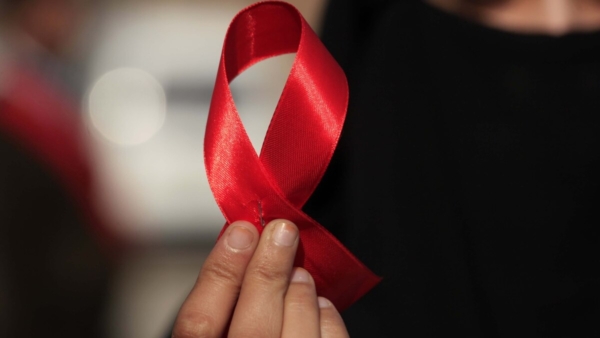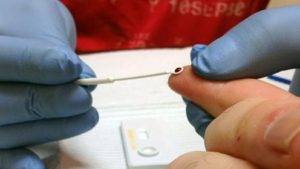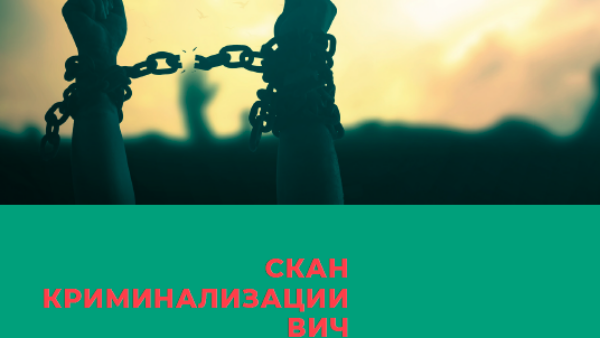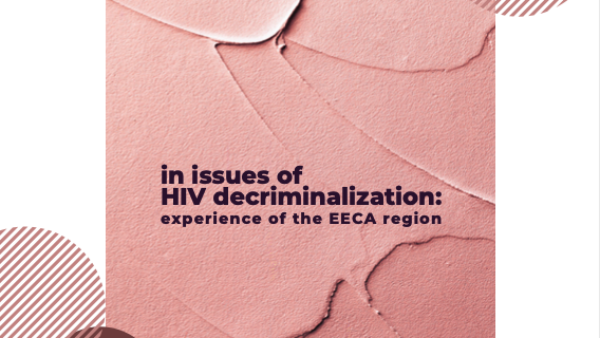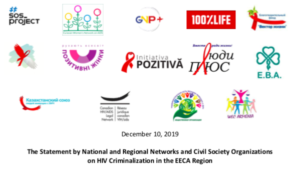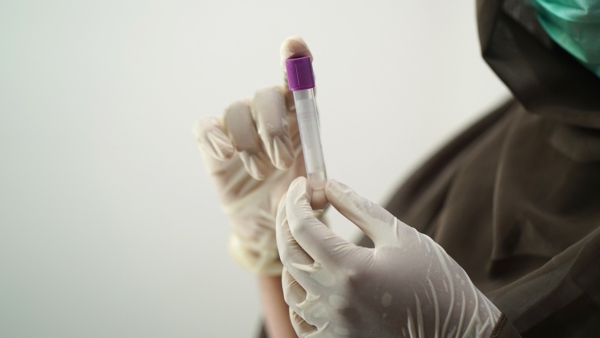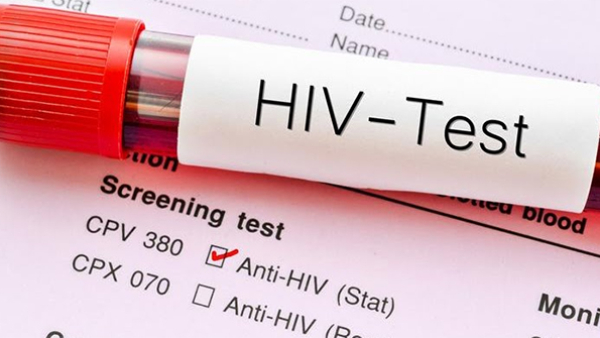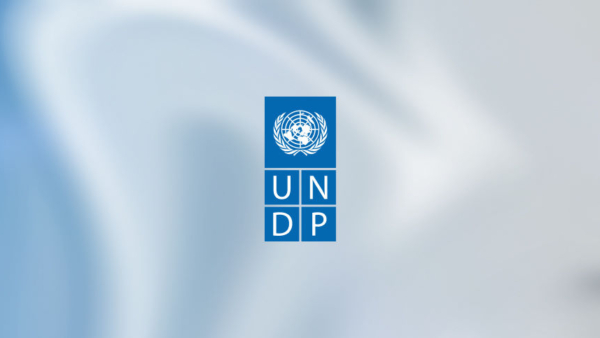Overview
Tajikistan criminalises HIV ‘exposure’ and transmission with substantially higher penalties than those relating to other diseases.
Article 125 of the Criminal Code criminalises HIV ‘exposure’ with a penalty of up to two years’ imprisonment (Part 1), while transmission by someone aware of their status is penalised with two to five years’ imprisonment (Part 2), increased to five to ten years’ where committed against multiple people or a minor (Part 3).
Comparatively, Article 126, which covers other ‘venereal diseases’, does not criminalise ‘exposure’, while transmission results in a fine or correctional labour for one to two years, or a fine or imprisonment for up to two years where committed against multiple people or minors.
Marginalised groups bear the brunt of the implementation of the law in Tajikistan; starting in 2014, authorities have regularly targeted sex workers and LGBT people, often under the guise of disease prevention. In July 2014, police undertook raids resulting in the arrest and forced STI testing of over 500 sex workers, 450 of whom were said to be living with STIs. Reports do not suggest any of those arrested were charged for HIV ‘exposure’ or transmission, however charges for prostitution, pornography, and other ‘moral offences’ were brought. Then in October 2017, it was reported that the Prosecutor General’s Office had drawn up a register of 367 allegedly gay citizens, suggesting they would need to be tested for STIs. One gay man recalled being interrogated about his sexuality following a nightclub raid in 2016, and believed that his name was on the register.
Since these crackdowns, there has been an uptick in individual cases of HIV criminalisation, and the law has been actively enforced since 2018. In its 2018-2022 Criminalisation Scan in Eastern Europe and Central Asia, the Eurasian Women’s Network on AIDS (EWNA) reported that there were 18 cases and 13 convictions in 2018, 83 (66) in 2019, 68 (62) in 2020, and 38 (34) in the first six months of 2021. The majority of cases we have received reports of involve sex workers.
Cases are often sensationalised in media reports, with claims that individuals living with HIV caused transmission to many people, often without any evidence that transmission occurred. For instance, in February 2023 at least ten gay men were arrested on suspicion of transmitting HIV to 86 people. Similarly, in March 2023, a female sex worker living with HIV was arrested after allegations that she transmitted HIV to eleven men. Despite the claims made by authorities and repeated in media reports, there appears to be no proof of transmission in these cases.
A survivor’s testimony published by EWNA in December 2023 highlights the injustice with which Article 125 is applied in Tajikistan. The partner of a woman living with HIV was coerced by police into giving a statement against her to be used in a prosecution under Article 125, despite him not wishing to and there having been no HIV transmission. In 2021 the woman was convicted and sentenced to one year’s imprisonment, though she ultimately received amnesty and was released after three months. The woman, and 27 other women living with HIV, did not receive anti-retroviral therapy for a large chunk of that time. She was also left without methadone for several days, which she had been taking for almost a decade due to previous heroin use. This withholding of vital medical treatment had significant impacts on her physical and mental health.
In December 2019, the Tajik parliament approved an amendment to Article 142 of the Criminal Code (‘debauchery’), stating that HIV transmission would now be considered a serious crime. Under this amendment, individuals found guilty of ‘deliberately’ infecting someone with HIV will face a more severe punishment – from eight to ten years in prison (increased from two to five years). This is despite a recommendation to Tajikistan from the CEDAW Committee to decriminalise HIV ‘exposure’ and transmission in 2018.
In 2022 a draft of a new Criminal Code was published. This Code would retain the criminalisation of HIV, but with reduced penalties and an exemption for disclosure of HIV status. This law has not yet been introduced.
Against the current of continued criminalisation, at the end of 2023 an important decision adopted by the Plenum of the Supreme Court ‘on judicial practice in criminal cases of infection with the human immunodeficiency virus’ was touted by human rights groups as the first step towards decriminalisation in Tajikistan. The decision, which came following cooperation between the Court and human rights organisations, establishes new norms that take into account international standards that criminal cases should be based on going forward. Importantly, these norms include the fact that HIV ‘exposure’ is an inadequate basis for criminal prosecution. The decision retained the endorsement of criminalisation for intentional transmission of HIV. The Human Rights Center Tajikistan praised this decision as an important step towards eliminating stigma and discrimination against people living with HIV, and should signal a reduction in cases in the country.
Article 119 of the Code on Administrative Offences makes it an offence to evade medical treatment or examination for people living with HIV or other diseases. The penalty imposed is a fine.
Laws
Criminal Code
Article 125. Human Immunodeficiency Virus Infection
1) Knowingly placing another person in danger of being infected with the human immunodeficiency virus,
– shall be punishable by restraint of liberty for a term of up to three years or imprisonment for a term of up to two years.
2) Infection of another person with the human immunodeficiency virus by a person who knew that he had this disease,
– shall be punishable by deprivation of liberty for a term of two to five years.
3) The act provided for in the second part of this article, committed:
a) in relation to two or more persons;
b) in relation to a knowingly minor,
– shall be punishable by deprivation of liberty for a term of five to ten years.
Criminal Code
Article 126. Infection with a Venereal Disease
1) Infecting another person with a venereal disease by a person who knew that he had this disease,
– shall be punishable by a fine in the amount of two hundred to five hundred indicators for calculations or correctional labor for a period of one year to two years.
2) The same act committed:
a) in relation to two or more persons;
b) in relation to a knowingly minor,
– shall be punishable by a fine in the amount of from five hundred to seven hundred indicators for settlements or by imprisonment for a term of up to two years.
Further resources
Assessment of the country's legal and political framework. In the context of human rights, the LEAS aims to identify and study all important legal and human rights issues affecting all citizens in the country and makes recommendations to improve legislation and remove legal barriers to treatment and prevention access.
Authors: Eurasian Women’s Network on AIDS (EWNA)
Regional HIV criminalisation report that summarises the state of play regarding HIV criminalisation laws and known prosecutions in the EECA region.
Authors: Eurasian Women’s Network on AIDS (EWNA)
Regional HIV criminalisation report that summarises the law and prosecution data in each country in the EECA region.
HIV Justice Network's Positive Destinations
Visit the Tajikistan page on Positive Destinations for information on regulations that restrict entry, stay, and residency based on HIV-positive status, as well as access to HIV treatment for non-nationals.

